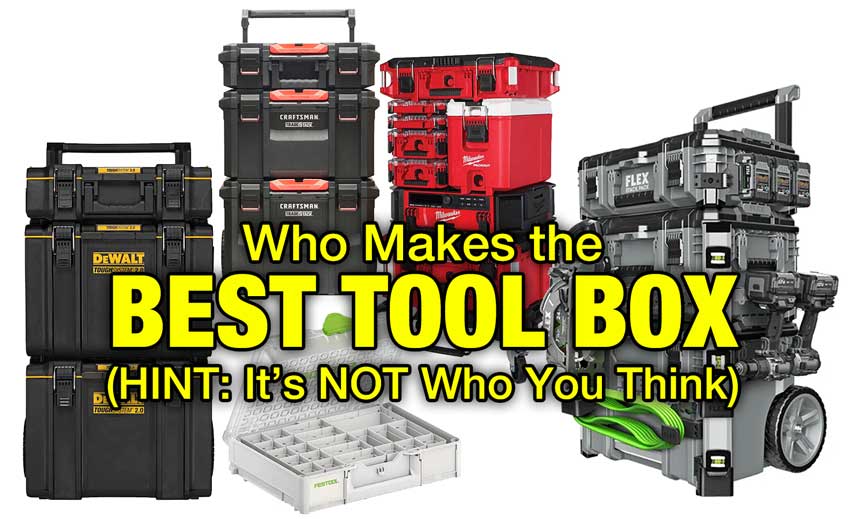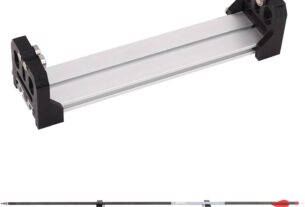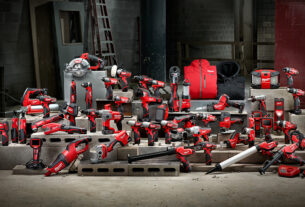If you’re a handyman or a professional mechanic, you know how important it is to have a reliable and sturdy tool box. A good tool box keeps your tools organized and protected from damage, theft, and other hazards. But what if your tool box doesn’t have wheels? That’s where casters come in.
Casters are small wheels that are attached to the bottom of a tool box, making it easy to move around. They come in different sizes, materials, and styles, so it can be overwhelming to choose the right ones for your needs. In this article, we’ll discuss everything you need to know about casters for tool boxes.
[h2] Why You Need Casters for Your Tool Box [/h2]
Before we dive into the details of casters for tool boxes, let’s first talk about why you need them.
Firstly, casters make it easier to move your tool box from one place to another. If you work in a large garage or workshop, you may have to move your tool box around frequently. Without casters, this can be a difficult and time-consuming task.
Secondly, casters increase the mobility of your tool box. If you need to work on a project at different locations, having a tool box with casters makes it easier to transport your tools without having to carry them separately.
Lastly, casters protect your floors from scratches and damages caused by dragging your heavy tool box around.
[h2] Types of Casters [/h2]
There are three main types of casters: rigid casters, swivel casters, and locking casters.
Rigid Casters: These are fixed wheels that only move in one direction. Rigid casters provide stability and support but don’t allow for easy maneuvering.
Swivel Casters: These are wheels that rotate 360 degrees, allowing for easy movement in any direction. Swivel casters are ideal for tool boxes that need to be moved frequently and require a lot of maneuvering.
Locking Casters: These are casters that can be locked into place, providing stability and preventing the tool box from moving around. Locking casters are useful if you need your tool box to stay in one place while you work.
[h2] Materials Used in Casters [/h2]
Casters can be made from different materials, depending on their intended use. The most common materials used in casters are:
Rubber: Rubber casters are commonly used in tool boxes because they provide good traction and absorb vibrations, reducing noise when the tool box is being moved.
Polyurethane: Polyurethane casters are more durable than rubber casters and can handle heavier loads. They’re also resistant to oil and grease, making them ideal for use in garages and workshops.
Steel: Steel casters are the strongest and most durable type of caster but can be noisy when moved across hard surfaces.
[h2] Factors to Consider When Choosing Casters [/h2]
When choosing casters for your tool box, there are several factors to consider:
Load Capacity: Make sure the casters you choose can handle the weight of your tool box and tools. Casters have weight ratings, so check the specifications before purchasing.
Wheel Size: The size of the wheels affects how easily the tool box moves. Larger wheels make it easier to move over rough surfaces, while smaller wheels provide better maneuverability in tight spaces.
Floor Surface: Consider the type of floor surface where your tool box will be used. Hard floors require soft or rubber wheels to prevent scratching or damage, while soft floors like carpet may require harder wheels for easier movement.
Environment: If your tool box will be used in a wet or humid environment, choose rust-resistant casters. If you will be using your tool box outdoors, choose casters that can handle different weather conditions.
[h2] Conclusion [/h2]
Casters for tool boxes are essential if you want to make your work easier and more efficient. When choosing casters, consider the load capacity, wheel size, floor surface, and environment where your tool box will be used. With the right casters, you can move your tool box around with ease and protect your floors from damage.
For more information on casters and their uses, check out the Wiki page on Casters. You can also visit websites such as Grainger or McMaster-Carr for a wide selection of high-quality casters.




